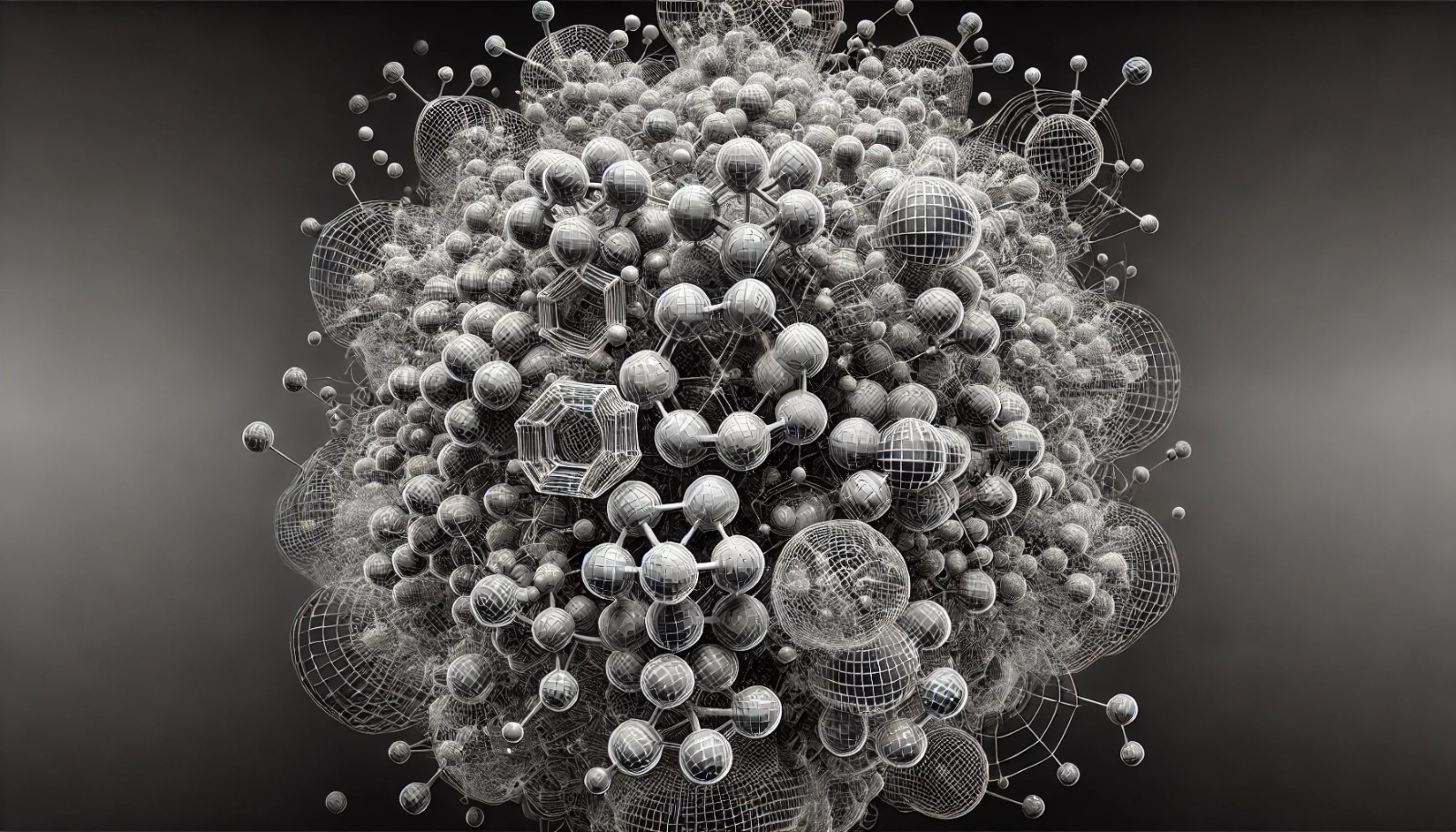Technically Unavoidable Particle Profiles -TUPPs
Schedule a MeetingTechnicallyUnavoidable Particle

Significance of TUPPs in Pharmaceutical production
TUPPs are crucial for several reasons
- Regulatory Compliance – TUPPs help pharmaceutical manufacturers meet stringent regulatory requirements by providing detailed documented evidence that all potential contaminants and their risks are understood and controlled.
- Quality Assurance: TUPPs are partially responsible for the overall quality assurance process by ensuring that any particles that exist in the final product are identified and quantified, permitting for better control over the manufacturing process.
- Risk Management: By identifying and physicochemical characterization we can understand the nature of TUPs; thereby manufacturers can implement more constructive risk management strategies, potentially reducing the occurrence of regulatory actions or product recalls from the market.
- Innovation and Improvement: Understanding TUPPs can lead to innovations in manufacturing processes, as it supports the evolution of new methods to minimize the presence of such particles.
Technically Unavoidable Particles (TUPs)
TUPs (Technically Unavoidable Particles) are particles that naturally exist in the pharmaceutical manufacturing process. Despite the best efforts to maintain clean and controlled manufacturing environments, these particles can emerge from a variety of sources such as raw materials, equipment wear, processing aids, and even the packaging materials. They are considered “TECHNICALLY UNAVOIDABLE” because they are often inherent consequences of the manufacturing procedures or the materials used, and complete elimination is not always feasible.
Technically Unavoidable Particle Profiles (TUPPs)
TUPPs (Technically Unavoidable Particle Profiles) refer to the comprehensive documentation of particle profiles that are of technically unavoidable. TUPPs provide the complete details including the type, origin and characteristics of TUPs found in specific pharmaceutical products or processes involved.
Common Sources and Types of TUPs
TUPs can generate from diversified sources within the pharmaceutical manufacturing environment. :
- Raw Materials: Natural variability in raw materials can initiate TUPs. For example, minerals and other chemical components extracted from natural sources may carry forward as inherent particulate matter.
- Manufacturing Process: Mechanical processes such as grinding, mixing or tablet compression can create particles from both the product ingredients and the contact parts of the equipment used.
- Packaging Materials: Particles can come from packaging components like bottle caps, liners or even the degradation of the packaging materials themselves over time.
- Environmental Contamination: Particles can also be introduced into the product from the manufacturing environment, including air systems, personnel or production suites.
Types of TUPs
- Organic Particles: These include particles derived from the product’s ingredients, such as undissolved components or by-products of chemical reactions.
- Inorganic Particles: These may include metals from equipment wear, minerals from excipients, or other non-organic materials.
- Synthetic Particles: Particles from packaging and synthetic materials used in the manufacturing process, such as plastics or polymers, are also common.
Regulatory Insights
Navigating USFDA and EMA Guidelines for foreign particles
The control of Technically Unavoidable Particles (TUPs) and their profiles (TUPPs) is heavily regulated by both the U.S. Food and Drug Administration (USFDA) and the European Medicines Agency (EMA). These regulatory agencies have placed specific guidelines that orders how TUPs should be identified, documented, and managed within pharmaceutical manufacturing procedures. For instance, the FDA’s guidance on foreign particles present in pharmaceutical products emphasizes the need for thorough documentation and risk assessment of any particulate matter in pharmaceutical products, which directly informs the origin and maintenance of TUPPs.
Similarly, the EMA mandates detailed reporting and analysis of particle contamination risks in medicines intended for the European market. The guidelines require the manufacturers to demonstrate control over their production processes, including the management of technically unavoidable particles, making sure that all possible actions are taken to minimize potential impacts on drug product quality and patient safety.
Importance of Regulatory Compliance in Managing TUPPs
- Risk Mitigation: By adhering to regulatory guidelines, manufacturers can effectively mitigate risks related with TUPs, protecting patient health and preventing costly product recalls.
- Market Trust: Compliance helps to build trust in regulators, healthcare professionals and patients by demonstrating a commitment to high-quality and safe products.
- Operational Excellence: Regulatory compliance drives manufacturers to adopt the best available technologies and practices for particle analysis and control, fostering continuous improvement in manufacturing processes.
Our TUPP Services
Comprehensive Services for Controlling Technically Unavoidable Particles
At Nishka Research, our expertise in managing Technically Unavoidable Particle Profiles (TUPPs) is supported by cutting-edge technologies and a deep understanding of pharmaceutical processes and pharmaceutical manufacturing ecosystem. Our services are designed to address every aspect of TUPPs management, from initial particle identification, physicochemical characterization to ongoing compliance and documentation.
Key Services and Technologies for TUPs & TUPPs
High-end Analytical Techniques:We employ a variety of state-of-the-art analytical techniques, such as Transmission Electron Microscopy (TEM) Scanning Electron Microscopy (SEM), Energy Dispersive X-ray Spectroscopy (EDAX), EDAX elemental mapping, Fourier Transform Infrared Spectroscopy (FTIR), FTIR-Microscope, Raman Spectroscopy (Raman), Raman-Microscope, High-Performance Liquid Chromatography (HPLC), Gas Chromatography-Mass Spectrometry (GC-MS) Nuclear Magnetic Resonance Spectroscopy (NMR) and advanced microscopy, to accurately identify and characterize TUPs. These technologies provide the foundation for precise TUPP documentation.
Risk Assessment Tools: Our risk assessment methodologies are integral to understanding the potential impacts of TUPs on product quality and patient safety. We use sophisticated models to evaluate and quantify risks, facilitating informed decision-making in TUPP management.
Documentation and Reporting Systems: We develop comprehensive TUPP documents that meet and exceed regulatory requirements. Our documentation is clear, thorough, and tailored to facilitate easy access to factual information during regulatory inspections or audits.
Benefits to Pharmaceutical Industry
FAQs about Nishka Research's TUPP Services
What exactly are TUPs and TUPPs?
Why are TUPPs critical in pharmaceutical production?
What technologies does Nishka Research employ in TUPP analysis?
How does controlling TUPPs improve product quality?
What regulatory standards are relevant to TUPP management?
What role does Nishka Research play in regulatory audits concerning TUPPs?
How does Nishka Research ensure the accuracy of TUPPs documentation?
What types of pharmaceutical companies can benefit from our TUPP services?
How long does a typical TUPP management project take?
Are there any specific types of TUPs that Nishka Research specializes in?
What is the first step in starting a TUPPs management project with Nishka Research?
What kind of support does Nishka Research offer post-project completion?
Can Nishka Research help with unexpected TUPs issues during production?
What measures does Nishka Research take to protect client data?
How can clients access their TUPPs documentation and reports?
What makes Nishka Research different from other TUPPs service providers?
Does Nishka Research collaborate with other experts or laboratories?
How frequently should TUPPs documentation be updated?
What are the most common challenges in TUPP management?
Can Nishka Research handle TUPPs management for highly regulated markets like the EU and US?
What are the costs associated with TUPP management services?
How does Nishka Research stay updated with changes in TUPP-related regulations?
Why ChooseNishka Research
Partnering with Nishka Research ensures not just compliance, but a strategic advantage in pharmaceutical manufacturing. Our comprehensive TUPP services support your endeavors to produce safe, effective, and high-quality pharmaceutical products.
Are you ready to enhance Your Pharmaceutical product Safety with Expert TUPP Management?
At Nishka Research, we are dedicated to support pharmaceutical companies navigate the complexities of Technically Unavoidable Particle Profiles with confidence. Our expert team is ready to assist you in elevating your product quality standards and regulatory compliance through sophisticated TUPPs management.
Schedule a Consultation: Discuss your specific requirements with our experts team and explore customized solutions tailored for your manufacturing processes. Let us help you achieve and maintain excellence in pharmaceutical production.
Learn More: Visit our Resources Page for more information on TUPPs, including detailed articles, white papers, and case studies that provide deeper insights into our methodologies and success stories.
Contact Us: Reach out to us today to start your journey towards enhanced pharmaceutical safety and efficiency. Visit our Contact Page or call us directly at +91 7842798518.
Follow Us: Stay updated with the latest developments in pharmaceutical safety and TUPP management by following us on LinkedIn
At Nishka Research, we don’t just meet standards—we set them. Let’s work together to make sure your pharmaceutical products are safe, compliant, and ready for the market. Contact us now and initiate the first step towards optimal TUPP management.
Looking for a trusted partner to achieve your research goals? schedule a meeting with us, send us a request, or call us at +91 78427 98518 to learn more about our services and how we can support you.
Need help or have a question?

Nishka Research Brochure
We deliver next-gen research services, Testing & Consultation know more..
